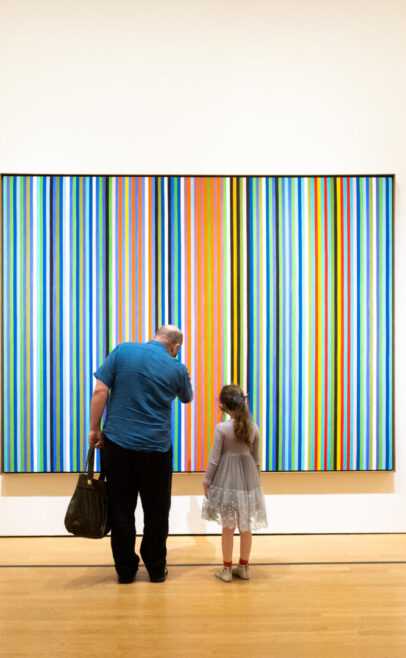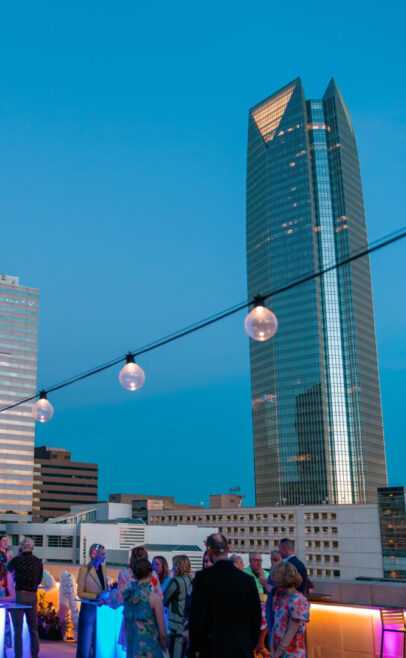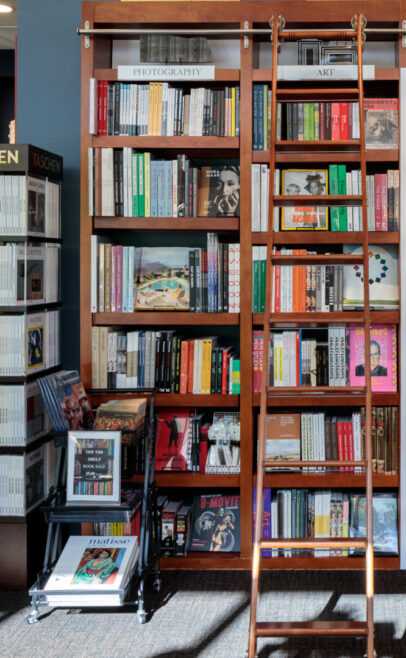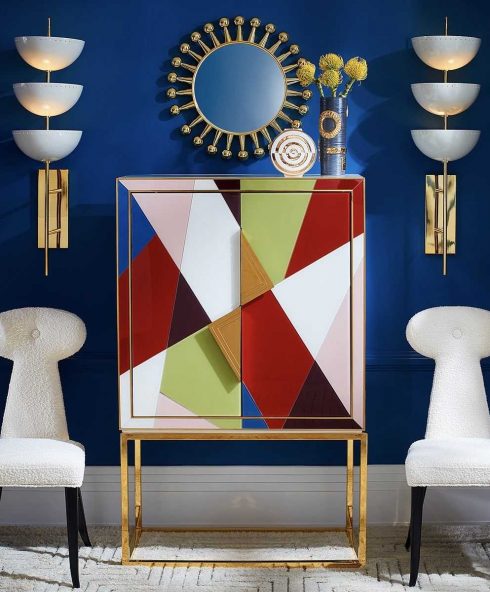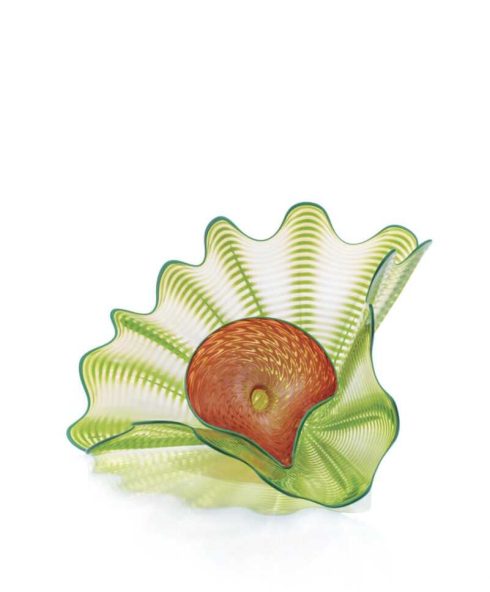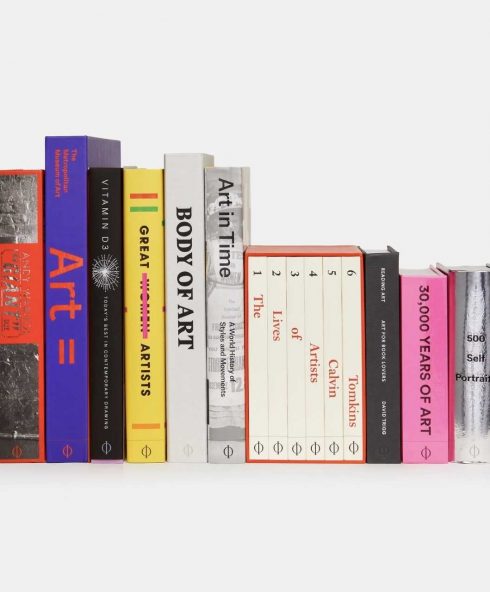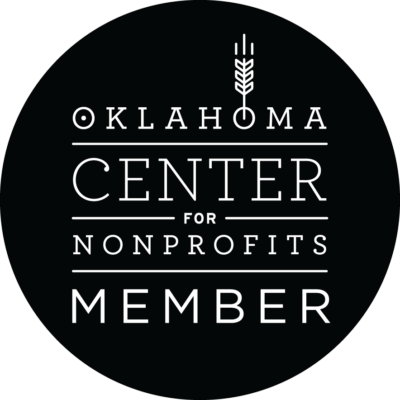Panel 1:

Title: I Have Something To Say That Only Children Would Believe
Author: Ahmadreza Ahmadi
Illustrator: Abbas Kiarostami
Panel 2:

Yesterday I was sitting on the porch (iwan) of our home. I was writing a letter to my older brother who has been gone to Bandar (port), the one who loved the water (the sea), loved leaving, loved men and women, and loved children.
I was writing of the gardens to my brother, the one who loved the garden, and who was not afraid of the shadows of the trees in the night; the trees were not afraid of his shadow either.
My brother would not step on flowers, plants, and bushes, even in the darkness of the night, he would not step on the bread, not because it is a sin (to step on bread); he really loved bread, like water, like plants. That is why (therefore) he went to Bandar to look for work and he was still in Bandar when I was writing to him.
Because my brother loved the gardens so much, when I finished my letter, instead of my name, I signed: Garden
Panel 3:

The kids (children) called me from the alley to play.
When the game was over, everyone went home. I also went home.
I remembered the letter and ran to the porch (iwan). the letter sat under the sun and got tanned. I bent over, and stretched out my arms, the tree branches also bent, stretched, and reached the bottom of the shallow pool (Howz). The sun was in their claws.
I picked up the letter and looked – I looked closely: the sun had turned the garden on the paper into yellow. The word “garden” had turned autumnal.
I ran from the house to the alley: there were walls everywhere – wall after wall!
Behind the walls was a garden. I went to the garden. The garden had turned yellow.
Autumn had arrived in the garden. The green garden of my paper turned yellow, autumn too came to the gardens of our town: our house, our alley, our neighborhood, our twon has turned autumnal.
The leaves turned yellow and fall off the trees. The ground of the neighbor’s garden, the floor of our house, the edge of the porch (iwan) next to my grandmother’s Quran; everywhere was carpeted with leaves—yellow carpet. The wind howled—a cold wind. The sky rained leaves—yellow leaves.
Panel 4:

Because the leaves were everywhere, I said to my father: “Shall I cover my body with leaves like trees?” My father just smiled. Trees did not have autumn clothes, and their leaves had fallen. I still have the letter. I still have my father. I still have my brother. If I send this suntanned paper to my brother, Autumn will get to Bandar too. The blue water of the Bandar (bay) will turn yellow, and then the ships must travel on the leaves.
Panel 5:

I built the window of my small room so that the seasons, one by one, can come through my window to my room –I liked the spring to come into our home first so I would be the first to tell the kids of the arrival of the spring. I always tell the truth; the real truth. If I would tell the news of the Spring to everyone (people), everyone would happily come to the alleys to celebrate, and the gardens would come to the alleys and would say hi (hello!) to spring. It was in spring when I built the window of my small room. It was in spring that I painted the small window of my room, I painted it grey (Ashy).I saw the spring through the small window panes, and I showed it to my father. My father soon recognized Spring. Spring passed through the window. I called it: “Spring! come to my room. I will write to my brother about your arrival.” Then all the ships will stay in the port until autumn. The travelers and the doves all drink fresh (sweet) waters. My brother gives fresh water to travelers. The doves and travelers would no longer be thirsty. But Spring did not reply. It passed through the window. Spring got scared of the color of the window. The grey color had a cent of winter. Spring liked the green color. Spring liked the colors of spring. My brother liked the green color too—if my brother was in our town, he would recognize the Spring.
Spring and my brother would say hello! to the greens of the plants, the greens of the desert, the greens of the trees, the green clothes, and green eyes.
Panel 6:

I painted the window in the summer – gray color. Summer passed through the window. I called the summer, but it didn’t reply; it was afraid of the color of the window –the window had the color of winter—summer did not come to the room. That year we did not have summer—all trees in our house turned yellow, and they did not fruit.
I painted the window during the summer—green. Winter passed through the window, thinking that spring and summer are guests in our house. I called it, but it did not reply. It was afraid of the color of the window – the window had the color of summer. That’s why the winter did not come to the room. It stayed on the edge of the wall in the alley, it stayed in the gardens. We did not see snow in the house; we did not even hear the sound of snow.
Panel 7:

That is why my father at night told stories of snow and rain, and I dreamt of snow: the snow would fall on my hair, and my hair turned white. It was as if (I suppose) my grandmother dreamt of snow even when she was awake, that her hair had turned so white.
Panel 8:

English translation unavailable.
Panel 9:

A few years ago, one summer, I was very, very young, we took a photograph as a keepsake with my father who was very very young, and my mother, who was much, much younger. We were all laughing (smiling) in the photo. I had laughed at the photographer’s sparrow, my father had laughed because of my laughter, and my mother had laughed because of the photographer’s frown. The photographer had frowned as to why the father was laughing, and the mother had laughed as to why the photographer has frowned.
Panel 10:

The photographer
Gave us the keepsake photograph; put the sparrow in the cage.
The Photographer had been frowning at the sparrow and the sparrow was still laughing at me.
We all left our smiles (laughter) in the photograph. Perhaps, if the sparrow was with us, if it was not in a cage, it would leave its laughter with ours in the photograph.
Today, when it was sunny and the sky was bright, the silkworms also came out of the box. They climbed the wall. They sat on the shelf, next to the keepsake photograph. They spun their cocoons around the photograph—yellow cocoons. The keepsake photograph got lost in the cocoons, and our laughter (smiles) also got lost— it went into the cocoons.
Today that I am no longer very very young, with my father who is no longer young, and my mother who is not very young, we went to the photo studio. We went to take a smiling photograph. We went to learn how to laugh from the sparrow. The Photographer was not there.
The sparrow was not in the cage. In the empty cage, there was a photograph: a photograph of a sparrow and of the photographer. The photographer was laughing in the photo. The sparrow in the photo was frowning.
Panel 11:

The color of our rooms was pink. On Friday my father painted all the rooms in our house—there was leftover blue paint. I made the sun blue. Our town is blue. The sun is no longer yellow, it is blue. It is the color of moonlight. Our town is always in the moonlight.
All people have the color of the moonlight. All people have become kind under the color of moonlight.
Panel 12:

Last night I slept in a blue dress. I fell asleep, I dreamed of red anemone flowers (red poppy flower). The sun of my dream was yellow. I was yellow. The color blue did not come in my dream. I covered the sun of my dream with red anemones, the sun was a big red anemone flower.
My dream took the color of red anemones. The color of red anemones spilled over my clothes.
My clothes became the color of anemones in my dream.
When I woke up in the morning, my clothes were the color of red anemones. My parents did not believe that I went to sleep wearing my moonlight blue clothes and I woke up in the morning with an anemone-colored dress. In the morning, when I opened my eyes, I saw our garden: in our garden, a single flower had bloomed – it was a red anemone. Neither my mother nor my father, none of them (no one), had planted red anemones in the garden – it wasn’t even anemones season. I always tell the truth: I brought the red anemone from my dream and planted it in the garden. No one believes (me).
By the way, would you believe my dream, the sun of my dream, and the red anemones in the garden?
OKCMOA would like to thank art historian Dr. Roja Najafi for her translation of the text.
